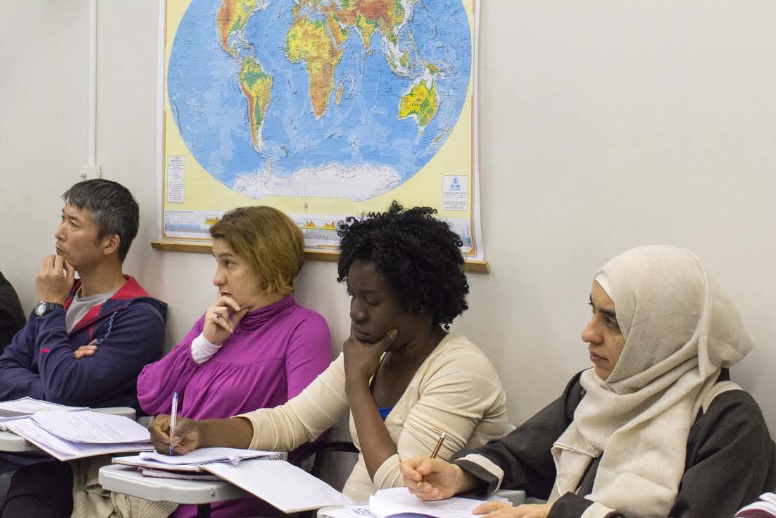RIO DE JANEIRO, BRAZIL – Foreigners required to revalidate their higher education qualifications face various administrative barriers in Brazil, according to the United Nations High Commissioner for Refugees in Brazil (UNHCR). Among the difficulties are the high fees charged by some universities, the high costs of translating documents and the complications of presenting all the required supporting documents.

Since 2016, UNHCR has partnered with Compassiva, a non-governmental organization (NGO) to help refugees revalidate their qualifications. The rules for the procedure were set out in a Ministry of Education ordinance in 2016.
By August 2019, the organization had submitted 181 applications for the graduate status of refugees, completed in their country of origin, to be officially recognized in Brazil. Of these, 34 have already been accepted and 15 have been denied. Most of them (116) are still awaiting consideration and 16 have been closed.
Most of the requests are from people who left Syria or Palestine (55 percent) and Venezuelans (24 percent). The institution receiving the majority of cases was the Universidade Federal Fluminense, with 86 cases, 17 of which have been revalidated and 13 have been rejected. The Federal University of Rio de Janeiro has received 23 cases and accounts for eight revalidations.
The State University of Campinas has received 19 applications and has granted three revalidations.
Constraints and costs
For André Leitão, the president of Compassiva, the regulation allowing only public universities to revalidate degrees creates a “bottleneck effect”, overloading these institutions and causing delays in the analysis of files.

Furthermore, Leitão complains about the high costs involved in applications. “In some cases, a sworn translation is very expensive. We had a budget of up to R$16,000 for a sworn translation case. It’s a very high amount for any person, of any nationality, let alone someone who is a refugee in the country,” he illustrated.
Leitão also said that there is no limit to the fees that can be charged by universities, which, according to him, may exceed R$7,000.
Camila Sombra, UNHCR’s long-term solutions assistant, said institutions need to be more sensitive in conducting these cases. She points out that some required documents, such as the content of the subjects studied abroad, can be very difficult for a refugee to obtain.
“We are talking about those who have fled due to conflict, fear and political persecution. Sometimes there is no longer a university where these people studied,” she said.
Reducing red tape
For Leitão, the reduction of red tape in the procedures should benefit not only refugees but also migrants and Brazilians who have attended universities abroad. “It must be performed in a more transparent and humane way”, he defended.
According to UNHCR, 80,000 refugee applications were submitted to the Brazilian government in 2018. Out of that total, 61,700 were Venezuelans. Among the applications accepted, 11,200 were from Syrians, corresponding to 51 percent of the granted requests.

